


GAIN celebrates innovative MRS award for our Global Diet Quality Project
GAIN announce that the Global Diet Quality Project (GDQP) has been honored with the prestigious Best International Research Award 2023 by the UK's Market Research Society.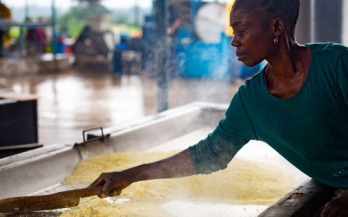
Reaching Lower-Income Consumers with Nutritious Foods: Increase value through convenience
From the consumer perspective, product costs can include not only monetary costs but also time and effort costs of acquiring, preparing, and consuming foods: for the consumer, these jointly shape the product's effective affordability. The cost of time and fuel to prepare food is not insignificant in many low- and middle-income countries.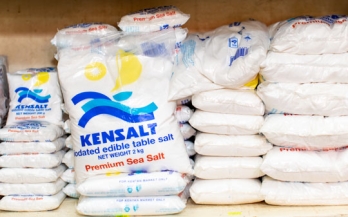
Reaching Lower-Income Consumers with Nutritious Foods - Using small package sizes
One of the simplest ways to alter affordability is simply to sell products in small package sizes. This is probably the most common strategy used for reaching lower-income consumers across product types and contexts.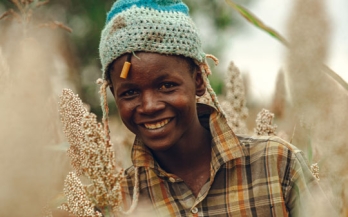
In a world of rising conflict, we must cultivate the fields to grow peace
As thousands congregate in Iowa for the 2023 Borlaug Dialogue to search for ways to end global hunger and celebrate this year’s World Food Prize Laureate, his words ring truer than ever.
GAIN@COP
COP28 will be GAIN's third COP, and our first as an accredited NGO. At COP27, we participated in two key sessions on the Presidency programme, as well as a wide range of events in the Food Systems Pavilion, Food4Climate Pavilion, Food and Agriculture Pavilion, and other pavilions where food systems were featured.
We must address the interconnected challenges of climate change and nutrition
Launching today are two reports outlining both the pathways through which nutrition and climate are connected and the current state of action on addressing these two issues. The reports will be launched at a side event co-hosted with the World Health Organization (WHO), the Food and Agriculture Organization (FAO), the Global Alliance for Improved Nutrition (GAIN), and the Scaling Up Nutrition (SUN) movement, along with an official reception hosted by Canada, New Zealand, and the United Kingdom.Programmes
Our programmes strive for excellence and always aim to be accountable in what we do.
For over two decades, GAIN programmes have achieved local impact and inspired policy initiatives. Our programmatic activity directly benefits over one billion people around the world and forms the basis for the policy changes we advocate with partners. The focus of our programmes is to transform food systems so that they deliver sustainable, healthier diets for all – particularly for those most at risk of malnutrition and vulnerability. We respond holistically to the needs and opportunities of different communities with a strong commitment to equity. We work in partnerships at local, national, regional and global levels — we trust, empower, and believe in others. To solve malnutrition and improve diets requires engaging with and building alliances between governments, civil society, producers, academia, and the private sector.
We strive for excellence and always aim to be transparent and accountable in what we do. We also have a number of cross-cutting themes, these are co-benefits of work that we do with the primary aim of improving nutrition and healthier diets for all.
GAIN’s Programmes have three goals
GAIN helps design, implement, and scale a defined set of programmes, all with the following three goals :
IMPACT
GAIN programmes aim to measurably improve the quality of the diets of those most vulnerable to malnutrition, increasing the consumption of safe and nutritious foods and decreasing the consumption of harmful foods through sustainable means. Where possible, we also seek to improve other social goals under our Cross-Cutting Themes.
SUSTAINABILITY
We strive to achieve a legacy of lasting nutritional improvements that are economically, socially, and environmentally sustainable, including developing and supporting business models that are commercially sustainable.
SCALE
We work closely with governments and like-minded partners and continually seek to share our learnings, and to incorporate improvements in view of maximising our impact at scale. Malnutrition affects billions, our responses need to have the ambition to change this.
GAIN’s programmes are split as reported below:
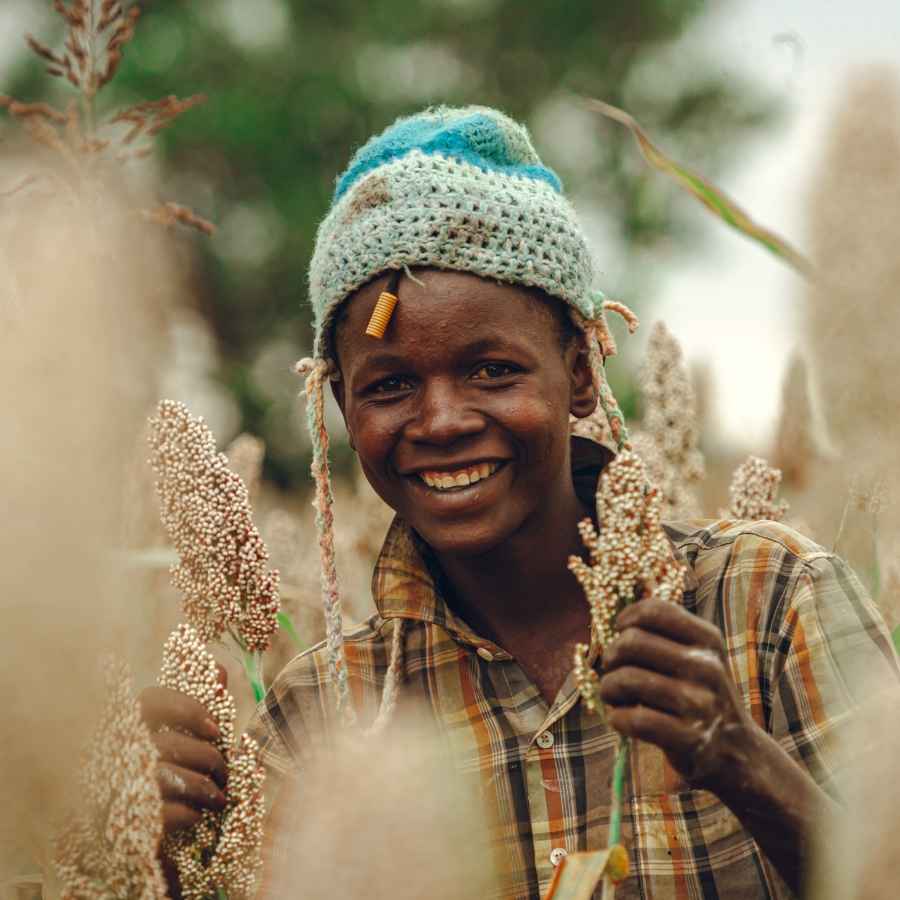
Fortification
Food systems often fail to sufficiently deliver foods rich in essential vitamins and minerals and the resulting micronutrient deficiencies affect approximately 2 billion people around the world. Potential solutions include adding vitamins and/or minerals during food processing (Large Scale Food Fortification, or “industrial fortification”) and the promotion of nutrient-enriched crop varieties (“biofortification”). Both approaches have demonstrably led to better health outcomes such as reductions in birth defects, blindness, and anaemia.
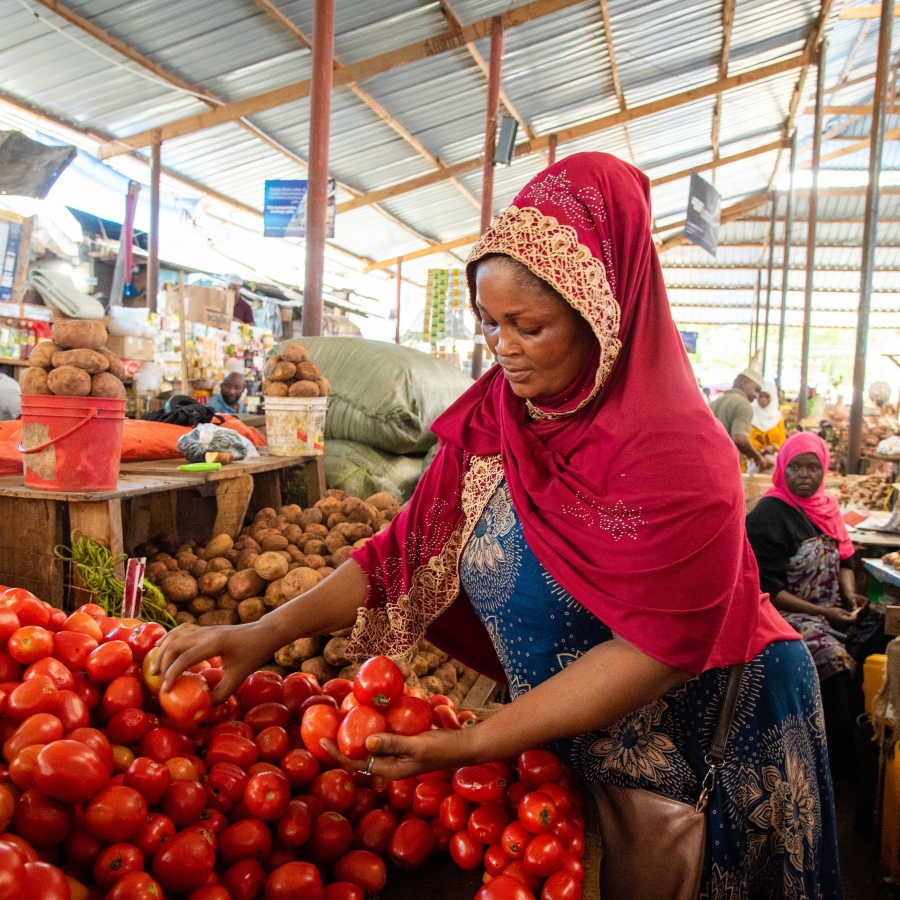
Enhancing Value Chains for Under Consumed Foods
All foods are not created equally—some have exceptionally high levels of one or more nutrients that are important to human health, and, if consumed in greater quantities, could contribute significantly to improving dietary quality among population groups most vulnerable to malnutrition. Under this programme of work, GAIN has set out to: identify high-potential foods in the countries where we work; to understand the cultural and economic constraints to higher consumption, and to design and implement integrated solutions that will result in higher consumption. Some of this work includes crop and plant varieties unique to particular settings that are no longer commonly consumed, despite their nutritional value.
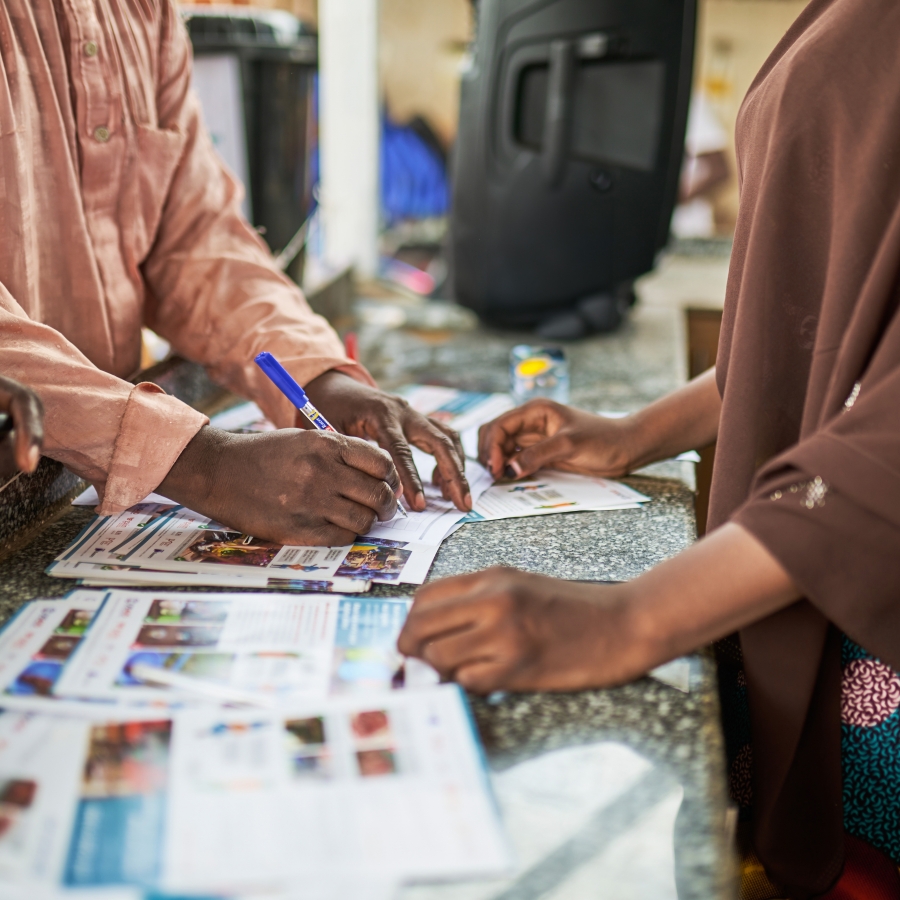
Enabling Coherent Food Systems Policies
We support governments to institutionalise processes which will help them to develop and implement more coherent food systems policies. This improves access to healthier diets delivered through more sustainable food systems. We do this by developing tools and evidence to support the design and implementation of integrated food systems action plans and by helping to engage and build the capacities of key stakeholders. We document and share experience on best practice approaches and adopt these learnings to improve development partner collaboration.
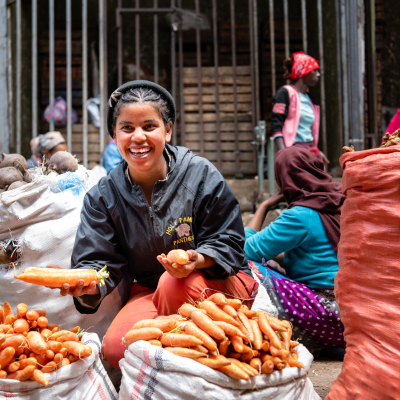
Thriving Nutrition Enterprise
Despite their pivotal role in driving food systems in low- and middle-income countries, Small- and Medium-Enterprises (SMEs) face significant barriers linked to limited technical know-how, difficulty accessing financing, and challenging operating environments. These barriers affect their capacity to contribute to the consumption of safe and nutritious foods , particularly by low-income consumers. Since 2013, GAIN has been working with over 1000 SMEs in nutritious food value chains to deliver sustainable solutions to the challenges they face.
Nutrition Investing SUN Business Network Nutrition Enterprise Development
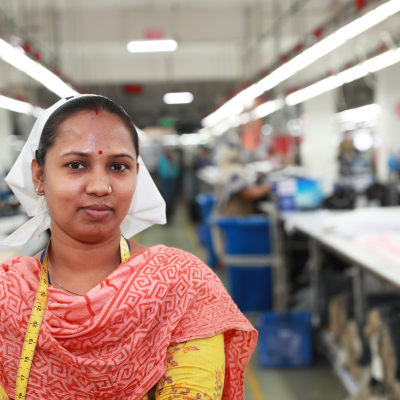
Workforce Nutrition
GAIN’s Workforce Nutrition programme aims to improve the nutrition of workers and farmers in low- and middle-income countries and communities. It focuses on improving access to, and demand for, healthier diets through workplaces (e.g., garment factories) or supply chains (e.g. tea estates, smallholder maize farmers). As co-convenor of the global Workforce Nutrition Alliance, GAIN brings together experts and thought leaders, provides employers with tools and resources, and curates data on best practices.
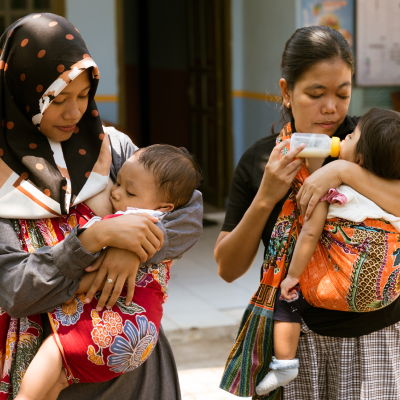
Social Protection for Nutritious Diets
Millions of people around the world struggle to afford minimally nutritious diets, and social protection is critical for making healthy diets accessible. GAIN supports governments and other key stakeholders to accelerate system innovations that can make social protection investments work harder for the nutrition of the most vulnerable.
Find out more about the programme

Shifting Demand for Safer and Healthier Food
Consumers are important players in a market-based food system. Motivating them to prefer nutritious diets and safe foods is critical for improving diets on a sustained basis. While the importance of demand generation is widely acknowledged, there is a lack of effective and scalable approaches to generate consumer demand.
Consumer demand generation EatSafe Food Culture Alliance Food Safety

Empowering Food Systems Actors
All people should be protagonists for food systems to be inclusive, equitable, and resilient.
The Empowering Food Systems Actors Programme addresses barriers to substantive participation in transforming food systems to advance prosperity and access to safe and nutritious foods to support healthier diets. We focus on children and young people, gender, and good governance in food systems.

Enhancing Nutrition with Food System Data & Evidence
Through our food systems data and evidence initiatives, we seek to make a substantial contribution to the broader research, programme, and policy landscape, enabling GAIN and others to address local and global challenges, foster innovation, and catalyse positive change on a global scale.
Food Systems Countdown Initiative Global Diet Quality Project Food Systems Dashboard Initiative on Climate Action and Nutrition (I-CAN)

Saul Morris
Director of Programme Services

Penjani Mkambula
Chief Technical Officer
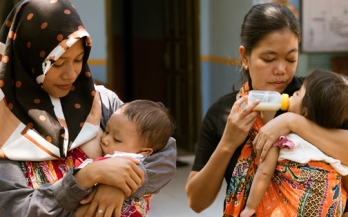
An urgent call to scale-up access to healthy diets for the most vulnerable
Nutrition and Food Systems experts along with world leaders come together, in this week of World Food Day, for the Sixth Global Conference of the Micronutrient Forum, at the World Forum in the Hague, Netherlands.
Accelerating Action and Opening Opportunities - A Closer Integration of Climate and Nutrition
The Initiative on Climate Action and Nutrition (I-CAN) is a multistakeholder, multi-sectoral global flagship program
Launched by Government of Egypt at the “Adaptation and Agriculture” thematic day at COP27